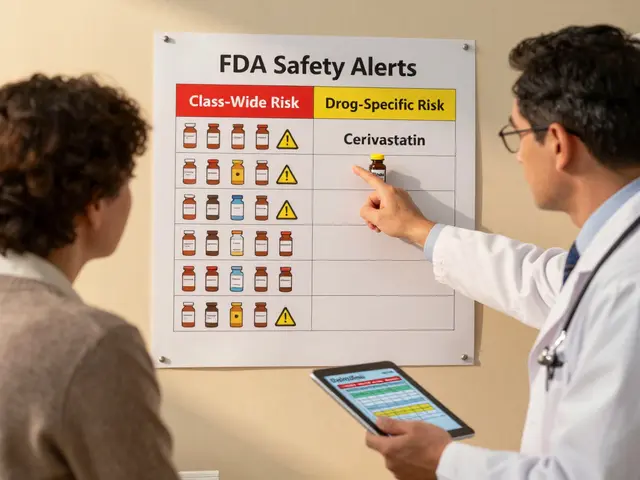Herbal Supplement Guide: What Works, How to Choose, and Safety Tips
If you’re curious about herbal supplements, you’re not alone. People turn to plants for extra support on everything from immunity to stress. The good news is many herbs have solid research behind them, but the market is full of low‑quality products. Below you’ll find a quick rundown of the most popular herbs, what they’re used for, and how to pick a safe, effective supplement.
Top Herbs for Common Goals
Echinacea is often the first name that pops up for immune support. Studies show it can shorten cold symptoms when taken early. Look for a product that contains the root and leaves in a 1:1 ratio, and stick to a 5‑day course during a cold wave.
Milk Thistle protects the liver. Its active part, silymarin, helps cells repair after alcohol or medication stress. A typical dose is 150 mg of silymarin three times a day, taken with food.
Turmeric (curcumin) is famous for its anti‑inflammatory power. Since curcumin isn’t absorbed well on its own, choose a supplement that includes black‑pepper extract (piperine) or a phospholipid complex. About 500 mg twice daily can ease joint aches for many users.
Ashwagandha is a go‑to adaptogen for stress and sleep. Standardized extracts offering 5 % withanolides work best. Start with 300 mg in the morning and 300 mg in the evening; you’ll usually feel calmer within a week.
Ginseng (Panax) boosts energy and mental focus. A 200 mg dose of a 5‑year‑old root extract is enough for most people. Don’t exceed 2 g per day and avoid it if you have high blood pressure.
Buying and Using Herbal Supplements Safely
Quality matters more than brand name. Look for third‑party testing seals from labs like NSF, USP, or ConsumerLab. Those certifications mean the product was checked for contaminants and accurate ingredient levels.
Read the label carefully. A trustworthy supplement will list the botanical name (e.g., Echinacea purpurea), the part used (root, leaf), and the extraction ratio. If you see vague terms like “herbal blend” without details, skip it.
Start low and go slow. Even natural compounds can interact with prescription meds. For example, St. John’s wort can reduce the effectiveness of birth control pills, and ginkgo can increase bleeding risk with blood thinners. Always tell your doctor what you’re taking.
Store your herbs in a cool, dry place away from sunlight. Heat and moisture break down active compounds, making the supplement less effective. Most bottles have a “best by” date—don’t use them past that.
Finally, track how you feel. Note any side effects, changes in symptoms, or interactions. If something feels off, stop the supplement and consult a health professional.
Herbal supplements can be a handy addition to a balanced diet, but they’re not a magic cure. Pair them with good sleep, regular movement, and a varied diet for the best results.

Field Scabious (Knautia arvensis): Benefits, Uses, Dosage & Safety Guide
Curious about field scabious? Get evidence-backed benefits, how to use it, dosing, safety, and how to buy quality in Australia in 2025-without the hype.
Health and WellnessLatest Posts
Tags
- online pharmacy
- medication safety
- generic drugs
- medication
- dietary supplement
- side effects
- online pharmacy UK
- drug interactions
- mental health
- impact
- online pharmacies
- statin side effects
- dosage
- generic vs brand
- pediatric antibiotics
- antibiotic side effects
- skin health
- health
- pain relief
- dietary supplements




